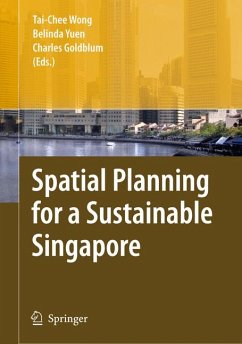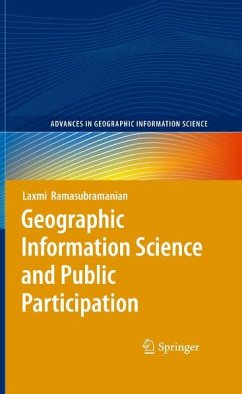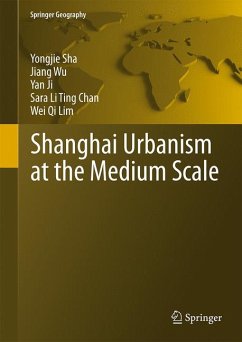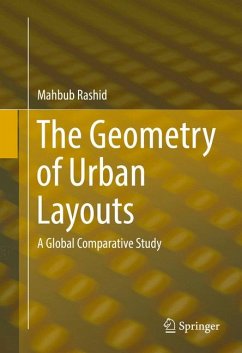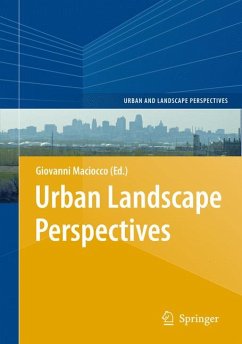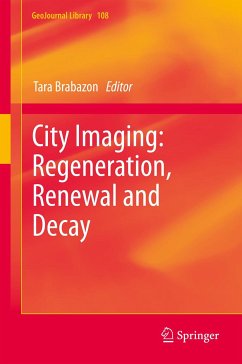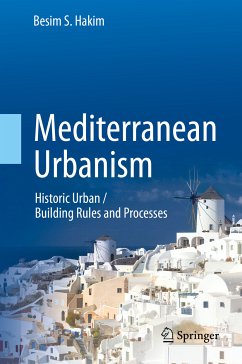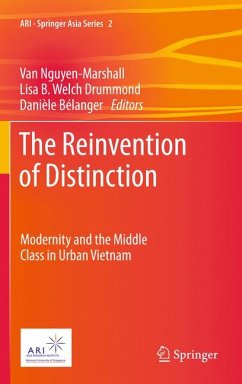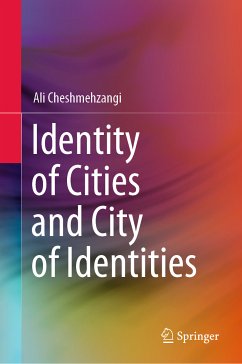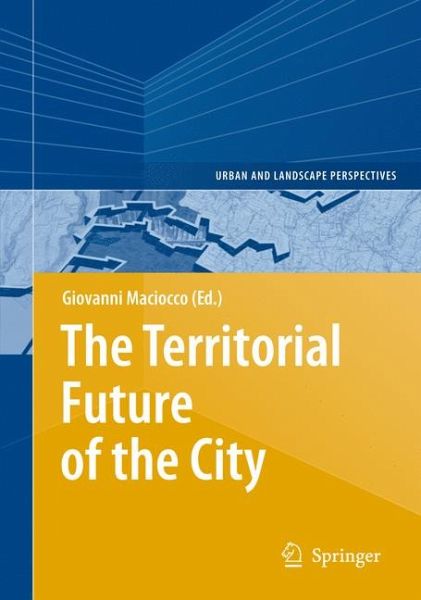
The Territorial Future of the City (eBook, PDF)
Versandkostenfrei!
Sofort per Download lieferbar
112,95 €
inkl. MwSt.
Weitere Ausgaben:

PAYBACK Punkte
56 °P sammeln!
The volume brings together contributions by both leading scholars and young academics with a particular experience in the urban potential of the territory in situations not necessarily linked to the dense metropolis, its compact form or to city sprawl. What brings these scholars together is their common reflection on this central theme, though from varied disciplinary and experimental backgrounds. Leading academics like A. Mela (Prof. of Territory and Environment Sociology, University of Turin), S. Tagliagambe (Prof. of Philosophy and Science, University of Sassari), G. Maciocco (Dean of the F...
The volume brings together contributions by both leading scholars and young academics with a particular experience in the urban potential of the territory in situations not necessarily linked to the dense metropolis, its compact form or to city sprawl. What brings these scholars together is their common reflection on this central theme, though from varied disciplinary and experimental backgrounds. Leading academics like A. Mela (Prof. of Territory and Environment Sociology, University of Turin), S. Tagliagambe (Prof. of Philosophy and Science, University of Sassari), G. Maciocco (Dean of the Faculty of Architecture and Planning, Alghero, Italy) and P. Pittaluga have accumulated long-time experience in developing environmental approaches within Philosophy, Sciences, Environmental Planning and Art. Researchers like I. Doucet, N. Janssens and K. Boon in their turn bring in approaches related to specific European contexts.
Dieser Download kann aus rechtlichen Gründen nur mit Rechnungsadresse in A, B, BG, CY, CZ, D, DK, EW, E, FIN, F, GR, HR, H, IRL, I, LT, L, LR, M, NL, PL, P, R, S, SLO, SK ausgeliefert werden.




